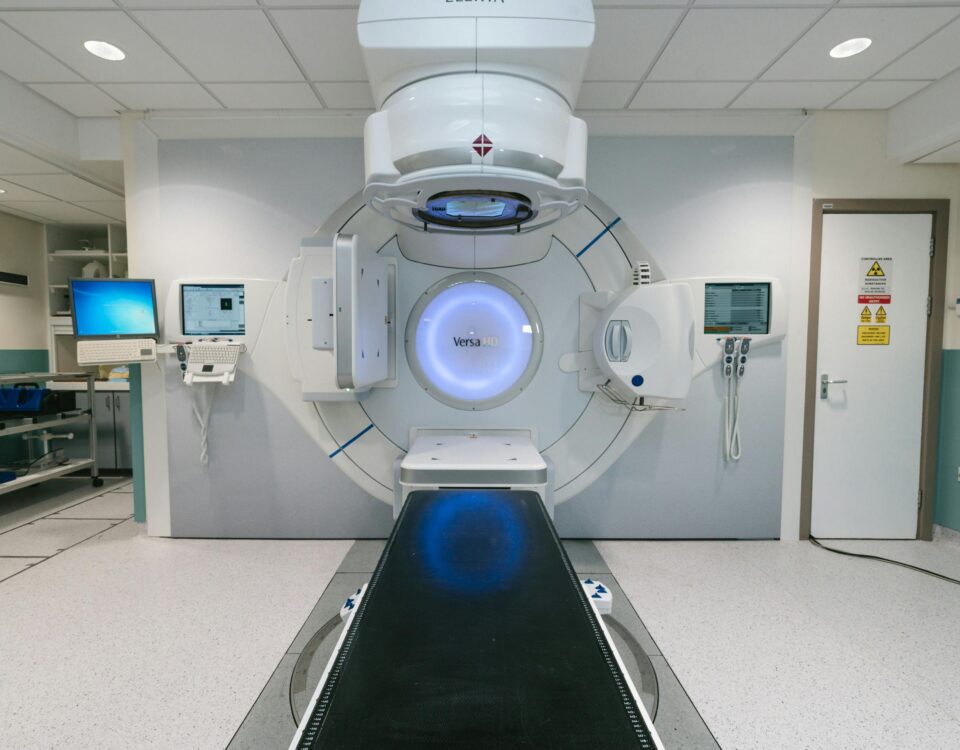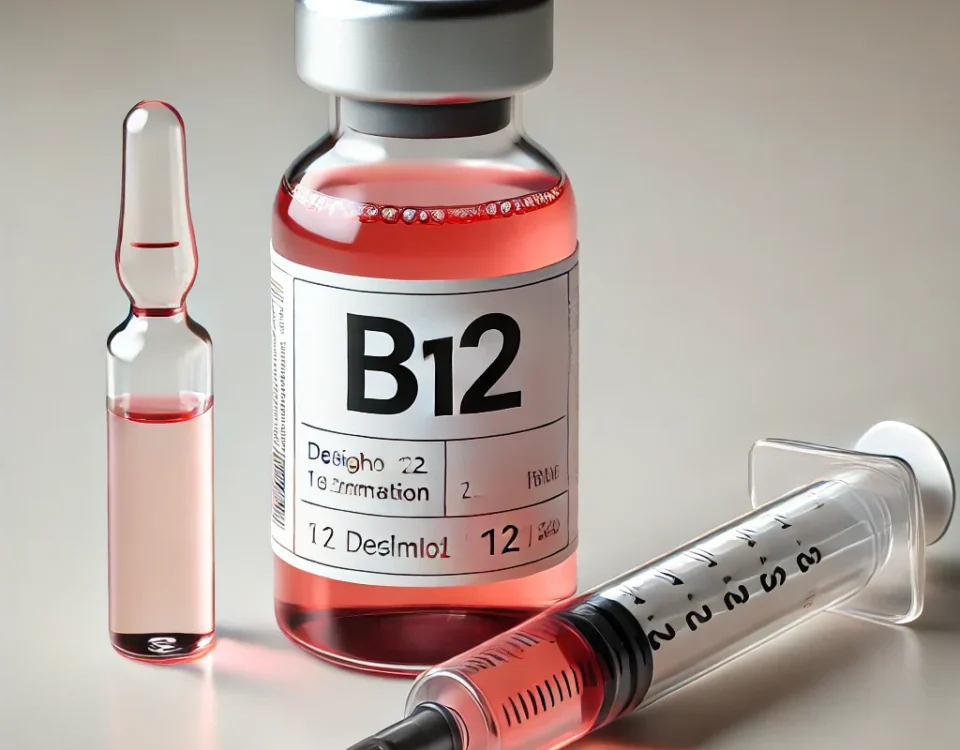
When to Consult a Dermatologist for Anti-Aging Treatments
September 22, 2025
The Benefits of Regular Dermatological Check-Ups
September 23, 2025Attention-Deficit/Hyperactivity Disorder (ADHD) is a neurodevelopmental condition that affects how the brain regulates attention, behavior, and activity levels. It is commonly diagnosed in childhood and can persist into adulthood. While there are established treatments for ADHD, including medication and behavioral therapy, lifestyle factors also have an impact on symptoms. Here’s more information on the connection between diet, nutrition, and ADHD:
How Does ADHD Present in Kids?
The presentation of ADHD varies significantly among individuals. Symptoms are typically categorized into two main types: inattention and hyperactivity-impulsivity. While some children may display symptoms from just one category, many experience a combination of both. These behaviors are more frequent and severe than what is typical for a child’s developmental stage.
Common signs of inattention may include difficulty sustaining focus on tasks, appearing not to listen when spoken to directly, and being easily distracted. Hyperactive-impulsive symptoms can manifest as constant fidgeting, an inability to stay seated, and interrupting others. These symptoms may affect a child’s or teenager’s ability to function at school, at home, and in social settings. A comprehensive evaluation by a healthcare professional is necessary for a diagnosis.
Some other signs of ADHD may include:
- Making Careless Mistakes in Schoolwork
- Organizing Tasks and Activities Proves Difficult
- Losing Necessary Items, like School Supplies or Toys
- Talking Excessively
- Having Trouble Waiting for One’s Turn
How Does Diet Affect ADHD?
While diet is not a cure for ADHD, nutrition can play a supportive role in overall wellness, which may influence how a child manages their symptoms. Certain aspects of ADHD and its treatment may interact with a child’s eating habits and nutritional status. Helping a child get key nutrients through their diet contributes to their overall physical and mental well-being.
Balancing Diet and Energy
A well-rounded diet is fundamental for every child’s growth and development, including those with ADHD. Nutrients are fundamental for brain health and cognitive function. A balanced intake of proteins, complex carbohydrates, and healthy fats can help maintain stable energy levels and support concentration throughout the day. Nutrients like omega-3 fatty acids, iron, and zinc are invaluable for brain development and function.
Managing Appetite and Medication
Many stimulant medications used to treat ADHD can have the side effect of suppressing appetite. This may lead to a child eating less during the day, potentially resulting in weight loss or inadequate nutrient intake. It is common for appetite to return as the medication wears off later in the day, leading to increased hunger in the evening. Monitoring a child’s food intake and growth is a significant part of managing their treatment plan.
How To Optimize Your Child’s Diet?
Planning regular meals and snacks can help with consistent nutritional intake, especially if medication affects your child’s appetite during certain hours. Try starting the day with a protein-rich breakfast to promote sustained energy. By creating a structured and nutrient-rich eating plan, you can encourage healthier eating habits as well.
Focus on whole foods, like fruits, vegetables, lean proteins, and whole grains. These foods provide key vitamins and minerals without the added sugars and artificial ingredients found in many processed foods. Limiting sugary drinks and snacks can also help prevent sharp spikes and drops in blood sugar, which may affect energy and focus. Involving your child in meal planning and preparation can help them learn more about their dietary choices.
Learn More About Diet and ADHD
Dietary management is one component of a comprehensive approach to supporting a child with ADHD. If you have concerns about your child’s nutrition, appetite, or overall health in relation to their condition, consult with a healthcare professional for more information. A pediatrician, dietitian, or ADHD specialist can provide personalized guidance and help you develop a plan that meets your child’s needs.





